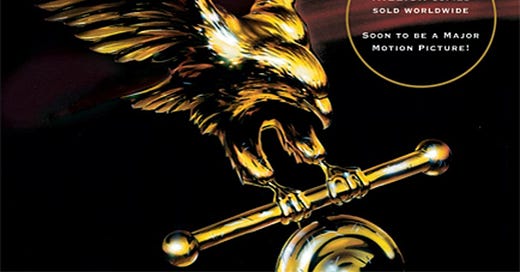If you are looking for the beginning of the study for The Eagle of the Ninth then you can go HERE for a brief introduction. At the bottom of the introduction you will find the links to each section of the study guide as it becomes available. If you would like to see the growing list of book studies available for free on this site you can go HERE. Enjoy!
Virtues/Vices/Great Ideas: (Find them in the Text)
Hope vs. Despair, Prudence, Coming of Age, Death and Resurrection
Grammar Questions: (The Information of the Text)
What was a major factor, mentioned by the text, as to why it was so difficult to find the right “holy place”?
What indicated that the young man whom Marcus met was a chieftain of his tribe?
Who did Dergdian particularly hope Demetrius (Marcus) might be able to help?
What native remedy had been used in an attempt to cure the eye-sickness?
Why, according to the text, did Marcus stay with this family longer than had been his habit in other villages?
What did Marcus observe about the Druids in relation to the people of the village?
What festival took place while Marcus stayed with Dergdian’s family and what importance did that occasion mark in the lives of the community?
What suddenly “began on the second evening” of the festival?
Describe the ceremony and the dance which Marcus saw but hoped never to see again.
What was the last priest carrying at the end of the ceremony?
Logic Questions: (Interpreting, Comparing/Contrasting, Reasoning)
Why does the text call Mt. Cruachan “the shield-boss of the world”? What does that mean?
Given the information we have, what would you say about the character of Dergdian? What kind of man is he?
Why did the old man refer to Fionhula as “my grandson’s wife” rather than by her name?
Why is Marcus careful to humor the old man (Tradui) about the native remedy for eye-sickness?
Why would people who are poor, as Marcus noted the men at the festival were, spend so much of their valuable resources on decorating the bridals of their ponies and on having costly clasps for their cloaks?
The text describes the first part of the festival as “warm and gay and human”? Particularly, what is meant by referring to the event as “human”?
Why is the location of the ceremony called “the Place of Life”?
Why is this festival called “The Feast of New Spears”?
Rhetoric Questions: (The Analysis of Ideas in the Text)
At the beginning of the chapter Marcus is described as being “not far from giving up hope.” What kinds of things make people lose hope? Is it ever appropriate to lose hope or should we always maintain hope? Explain your answer carefully.
Marcus thought, as he looked at the huge doorway, that it appeared as “A doorway from one world to another” and he felt “a chill of awe”. Have you ever had an experience or seen something that made you feel similar to this? Describe a moment when you felt in genuine awe of something or felt like you were experiencing something “other worldly”.
Now that he has found the Eagle, should Marcus try to take it back? Why or why not? Make your case and defend your answer with good reasoning.
Theological Analysis: (Sola Scriptura)
Read Exodus 12. What similarities do you see between the Passover Feast in Scripture and the Feast of New Spears in our story? What is the point of keeping annual feasts and celebrations?



